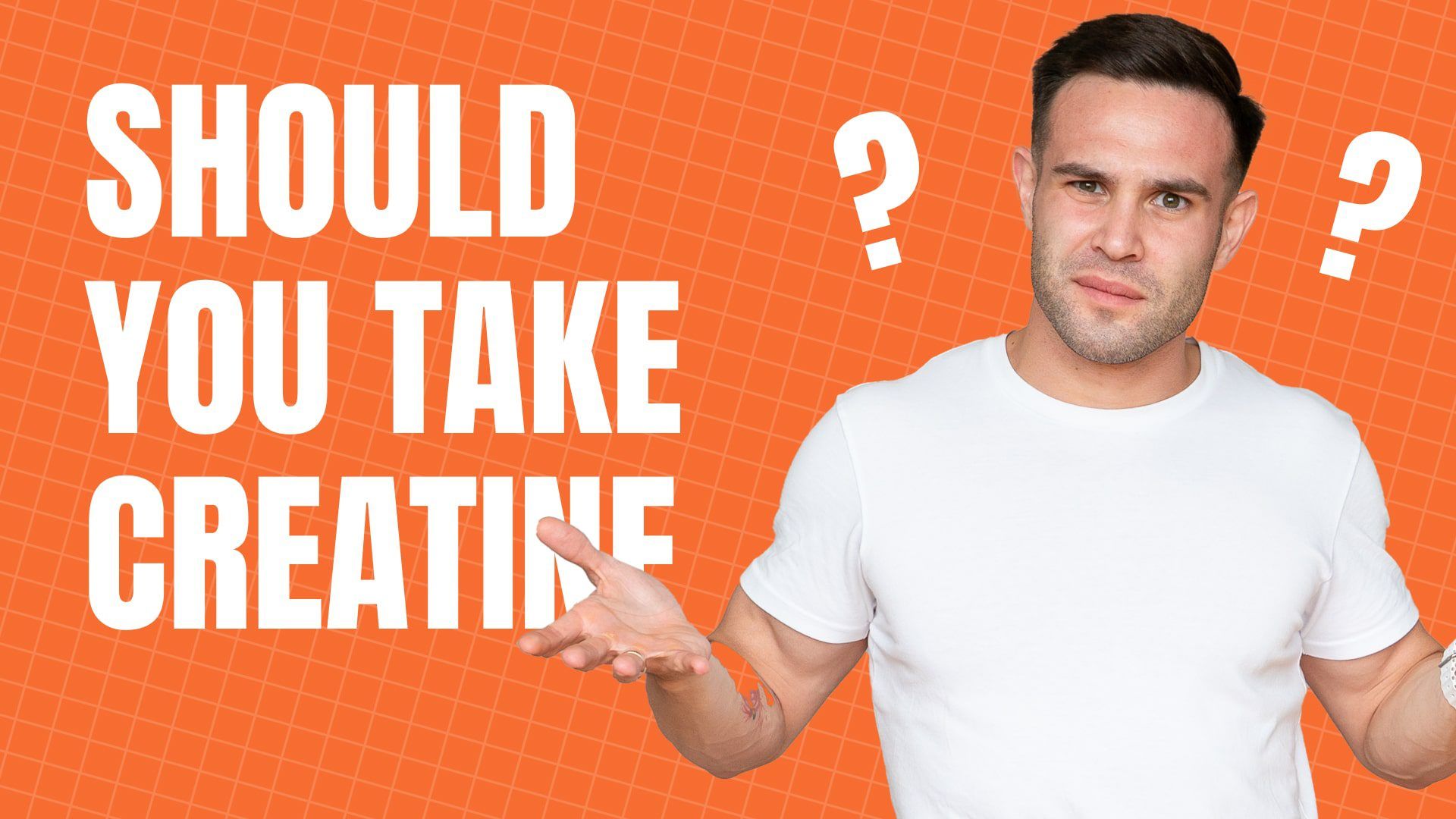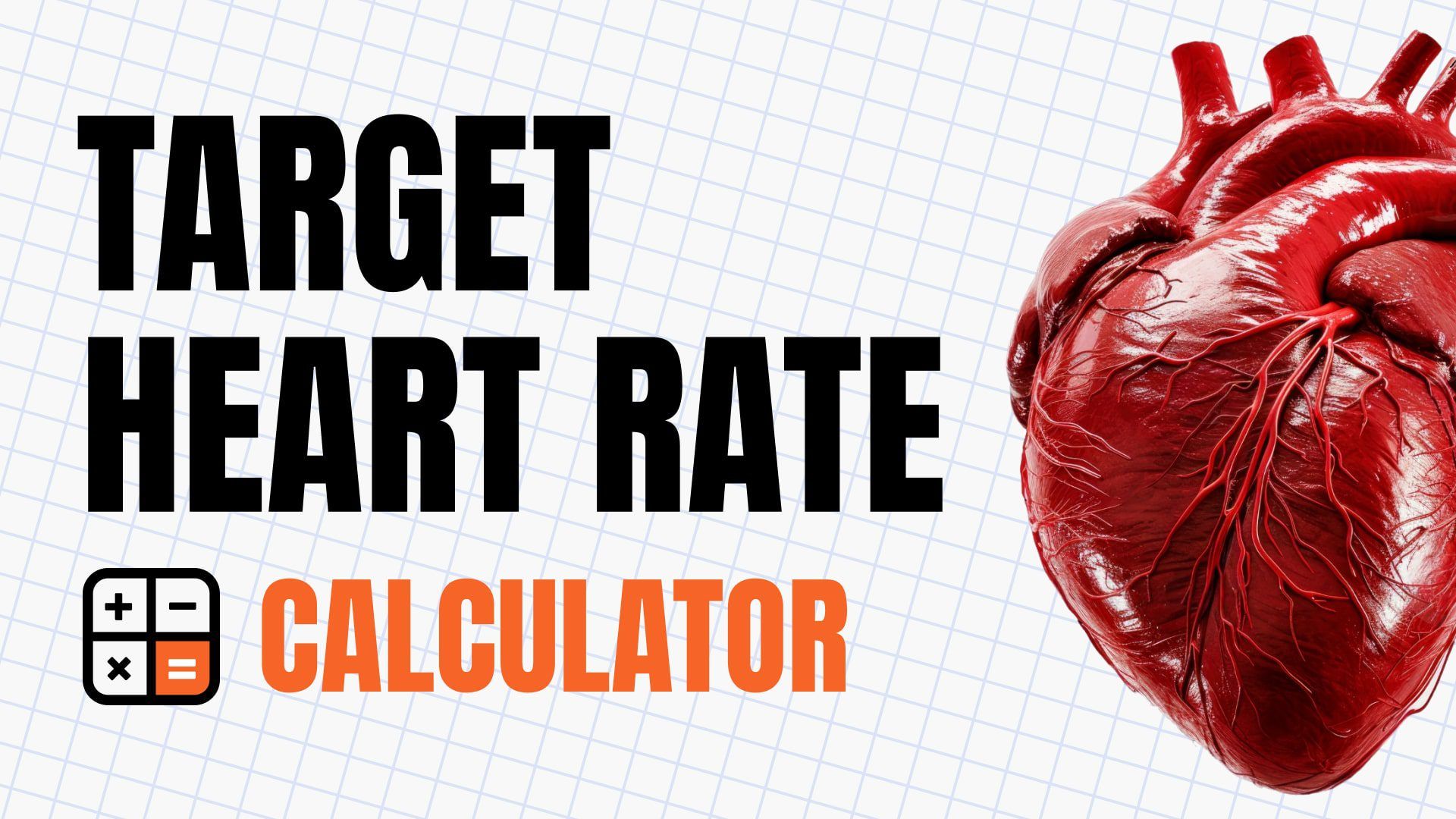Creatine: Everything you need to know – Benefits, Safety, FAQ

Table of contents
In This Article You Will Learn
In this article, you’ll learn all about creatine – what it is, how it works, and its benefits for muscle building, fitness, endurance sports, and brain performance.
We’ll dive into the science behind creatine, provide practical tips for using it safely and effectively, and answer some common questions.
Let’s get started on understanding how creatine can enhance your health and performance!
What is Creatine?
Creatine is a naturally occurring substance found in small amounts in certain foods and synthesized by the body, primarily in the liver, kidneys, and pancreas.
It is stored in the muscles as phosphocreatine and plays a crucial role in producing energy during high-intensity, short-duration activities such as sprinting and weightlifting.

How Does Creatine Work in the Body?
Creatine helps regenerate adenosine triphosphate (ATP), the primary energy carrier in cells, during intense physical activity.
When you exercise, ATP is rapidly depleted, and creatine phosphate in the muscles donates a phosphate group to ADP (adenosine diphosphate) to quickly replenish ATP levels, thereby enhancing performance and delaying fatigue.
Benefits of Creatine in Muscle Building
Creatine is renowned for its ability to increase muscle mass and strength. By allowing for more intense training sessions and quicker recovery, creatine supplementation can lead to significant muscle hypertrophy over time.
Studies have shown that creatine can enhance muscle mass gains when combined with resistance training.
Benefits of Creatine in Fitness and Performance
Creatine is not just for bodybuilders. Athletes in various sports use it to improve their performance.
It enhances the ability to produce energy quickly, which is essential for high-intensity workouts.
This means you can train harder, longer, and more effectively.
Benefits of Creatine in Endurance Sports
Creatine is also beneficial for endurance athletes.
While it’s traditionally associated with short bursts of energy, recent studies suggest it can improve performance in endurance sports by enhancing glycogen storage and reducing muscle cell damage and inflammation.
Benefits of Creatine in Brain Performance
Creatine isn’t just for muscles – it has benefits for the brain as well. It can improve cognitive function, particularly in tasks requiring short-term memory and quick thinking.
This is especially useful for the elderly, as studies have shown that creatine supplementation can help mitigate cognitive decline.
How to Take Creatine
Recommended Dosages
The standard dosage for creatine supplementation begins with a loading phase of 20 grams per day, split into four doses, for 5-7 days.
This is followed by a maintenance phase of 3-5 grams per day.
This method saturates muscle stores quickly. Alternatively, you can skip the loading phase and take 3-5 grams daily, reaching full saturation in about 3-4 weeks.
Timing and Cycling
Creatine can be taken at any time of the day, but many prefer taking it post-workout with a carbohydrate source to enhance absorption.
Cycling on and off creatine is not necessary, as no adverse effects have been linked to continuous use.
Safety and Side Effects
Creatine is one of the most researched supplements and is generally considered safe when taken at recommended dosages.
Common side effects include bloating and gastrointestinal discomfort, which can be minimized by proper hydration and splitting the dose throughout the day.
Long-term studies have found no significant adverse effects on kidney or liver function.
Comprehensive FAQ About Creatine
Are Creatine and Creatinine the Same?
No, creatine and creatinine are not the same.
Creatine is a substance used to supply energy to cells, particularly muscle cells, while creatinine is a waste product formed from the normal breakdown of creatine in the body.
Are Creatine Supplements Bad for You?
Creatine supplements are generally safe for most people when taken at recommended dosages.
Long-term studies have shown no significant adverse effects on kidney or liver function in healthy individuals.
Are Creatine Steroids?
No, creatine is not a steroid. It is a naturally occurring compound in the body that helps produce energy in cells, particularly in muscle cells.
Can Creatine Cause Acne?
There is no strong evidence linking creatine supplementation to acne.
However, individual reactions can vary, and some users have reported changes in skin condition.
Can Creatine Make You Fat?
Creatine itself does not cause fat gain. It may cause some water retention in muscles, which can lead to a temporary increase in weight, but this is not fat.
Can Creatine Cause Headaches?
While not common, some people may experience headaches when taking creatine, often due to dehydration.
It’s important to stay well-hydrated while using creatine.
Can Creatine Expire?
Yes, creatine can expire. Always check the expiration date on the packaging and store it in a cool, dry place to maintain its potency.
Can Creatine Cause Kidney Stones?
There is no conclusive evidence that creatine causes kidney stones in healthy individuals.
However, those with pre-existing kidney conditions should consult a doctor before using creatine.
Can Creatine Stunt Growth?
No, there is no evidence to suggest that creatine stunts growth.
It is commonly used by athletes, including adolescents, with no reported effects on growth.
Should Creatine Be Cycled?
Cycling creatine is not necessary.
Continuous use at the maintenance dose is safe and effective. However, some people choose to cycle off creatine occasionally.
Should I Creatine Load?
Creatine loading is an effective method to quickly saturate muscle stores.
This involves taking 20 grams per day, split into four doses, for 5-7 days, followed by a maintenance dose of 3-5 grams per day.
Should Creatine Be Taken with Food?
Creatine can be taken with or without food.
Some studies suggest that taking creatine with a carbohydrate source can enhance its uptake into muscles.
Should Creatine Be Taken After a Workout?
Many people prefer taking creatine after a workout, often with a post-workout meal or shake, to maximize muscle recovery and glycogen replenishment.
Can I Mix Creatine with Pre-Workout?
Yes, creatine can be mixed with pre-workout supplements.
This can be convenient and may help improve workout performance.
Can I Mix Creatine with Protein?
Yes, mixing creatine with protein is a common practice and can be effective in supporting muscle growth and recovery.
Can I Mix Creatine with Milk?
Yes, creatine can be mixed with milk. The liquid you choose does not affect the efficacy of creatine.
Can I Take Creatine Before Bed?
You can take creatine before bed. The timing of creatine intake is flexible and can be adjusted to fit your schedule.
Can I Take Creatine Without Working Out?
Taking creatine without working out will still increase creatine stores in your muscles, but the benefits are maximized when combined with exercise.
Can I Put Creatine in Coffee?
Yes, you can mix creatine with coffee.
However, be aware that high temperatures can degrade creatine over time, so it’s best to add it to warm, not hot, coffee.
How Do Creatine Supplements Affect the Body?
Creatine supplements increase the availability of phosphocreatine in muscles, enhancing the ability to regenerate ATP during high-intensity exercise, leading to improved performance, strength, and muscle mass.
How Does Creatine Help?
Creatine helps by supplying energy to muscle cells, allowing for improved performance in short bursts of high-intensity activity.
It also supports muscle recovery and growth.
Which Creatine Is Best?
Creatine monohydrate is the most well-researched and widely recommended form due to its efficacy and affordability.
Other forms, such as creatine hydrochloride, are available but offer no significant advantages over monohydrate.
What Creatine Should I Buy?
Choose a high-quality creatine monohydrate from a reputable brand.
Look for products that are third-party tested for purity and quality.
What Creatine Does Not Retain Water?
Creatine monohydrate is known to cause some water retention in muscles.
If you are looking to minimize water retention, you might consider creatine hydrochloride, although the difference is often minimal.
Which Creatine Is Safest?
Creatine monohydrate is the safest and most researched form.
It has been extensively studied and proven to be safe for long-term use in healthy individuals.
Should Creatine Be Used When Cutting?
Yes, creatine can be used while cutting. It helps preserve muscle mass and strength during calorie deficits.
Should I Take Creatine While Cutting?
Taking creatine while cutting can help maintain muscle mass and improve workout performance, making it a beneficial supplement even during weight loss phases.
Key Takeaways
Creatine is a versatile and effective supplement that can benefit muscle building, fitness, endurance, and brain performance.
It’s safe, well-researched, and offers numerous benefits when taken correctly.
Summary of the Benefits and Uses of Creatine
- Muscle Building: Enhances muscle mass and strength.
- Fitness and Performance: Improves high-intensity workout performance.
- Endurance Sports: Supports endurance athletes by enhancing glycogen storage and reducing muscle damage.
- Brain Performance: Benefits cognitive function, especially in the elderly.
List of Key Takeaways
- Creatine is safe and effective for muscle building and performance.
- It offers cognitive benefits, particularly in older adults.
- Proper dosage and timing are crucial for effectiveness.
- Regular, daily supplementation is recommended for best results.
I encourage you to ask any questions you have and visit my blog and social media for more information and useful guides. There’s plenty of content to help you on your health and wellness journey!
Works Cited and Relevant Links
- Kreider, R. B., Kalman, D. S., Antonio, J., Ziegenfuss, T. N., Wildman, R., Collins, R., & Lopez, H. L. (2017). International Society of Sports Nutrition position stand: Safety and efficacy of creatine supplementation in exercise, sport, and medicine. Journal of the International Society of Sports Nutrition, 14(18).
- Rae, C., Digney, A. L., McEwan, S. R., & Bates, T. C. (2003). Oral creatine monohydrate supplementation improves brain performance: a double-blind, placebo-controlled, cross-over trial. Amino Acids, 26(1), 27-34.
- Kreider, R. B. (2003). Effects of creatine supplementation on performance and training adaptations. Molecular and Cellular Biochemistry, 244(1-2), 89-94.
- Branch, J. D. (2003). Effect of creatine supplementation on body composition and performance: a meta-analysis. Journal of Strength and Conditioning Research, 17(3), 580-592.
- Rawson, E. S., & Volek, J. S. (2003). Effects of creatine supplementation and resistance training on muscle strength and weightlifting performance. Journal of Exercise Rehabilitation, 9(2), 162-170.
- Jäger, R., Purpura, M., Shao, A., Inoue, T., & Kreider, R. B. (2011). Analysis of the efficacy, safety, and regulatory status of novel forms of creatine. Nutrients, 3(7), 1-11.
- Izquierdo, M., Ibañez, J., González-Badillo, J. J., Hakkinen, K., Ratamess, N. A., Kraemer, W. J., … & Gorostiaga, E. M. (2002). Creatine supplementation and endurance capacity in male endurance athletes. European Journal of Applied Physiology, 87(1), 68-75.
- Buford, T. W., Kreider, R. B., Stout, J. R., Greenwood, M., Campbell, B., Spano, M., … & Antonio, J. (2007). International Society of Sports Nutrition position stand: Creatine supplementation and exercise. Sub-cellular Biochemistry, 46(1), 1-15.
- McMorris, T., Mielcarz, G., Harris, R. C., Swain, J. P., & Howard, A. (2007). Creatine supplementation and cognitive performance in elderly individuals. Neuropsychology Development and Cognition. Section B, Aging, Neuropsychology and Cognition, 14(5), 517-528.
- Volek, J. S., Duncan, N. D., Mazzetti, S. A., Staron, R. S., Putukian, M., Gómez, A. L., … & Kraemer, W. J. (1999). Performance and muscle fiber adaptations to creatine supplementation and heavy resistance training. Medicine & Science in Sports & Exercise, 31(8), 1147-1156.
This is a personal blog. I am not a doctor, fitness coach, nutritionist, or trained health professional. The information I share is based on my personal experience, self-research, and insights from working with health and wellness professionals. My content is for informational and entertainment purposes only and is not intended as health advice.
Always consult with your healthcare provider before making any significant changes to your health routines or treatments. I am not liable for any actions taken based on this information.
With that said, your well-being is my top priority. Stay healthy and take care!
Credits and Team
















Leave a Reply